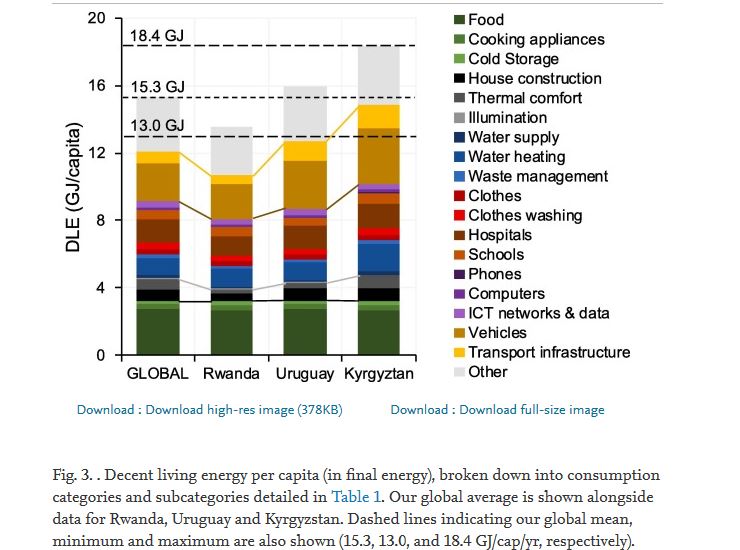
What are the countries about whose income distributions we know the least, i.e. those that either do not conduct income surveys, or do not release them, or do not participate in harmonized data bases by the World Bank, Luxembourg Income Survey, Economic Research Forum etc?
The *worst* (not surprisingly) are Saudi Arabia and North Korea. No surveys ever, no data.
Somalia & Somaliland probably never had a survey either. Eritrea might have had, but nothing is available.
Almost equally bad are Qatar and Oman; and UAE (they at least had 1 survey).
Somalia & Somaliland probably never had a survey either. Eritrea might have had, but nothing is available.
Almost equally bad are Qatar and Oman; and UAE (they at least had 1 survey).
Then, there are difficult cases:
W Sahara is probably included in Moroccan surveys.
Abkhazia, South Ossetia do not have surveys. The same (as far as I know) is true for Macao (but not for Hong Kong which had surveys for 40y), Nauru.
N Cyprus is not included in Cypriot data.
W Sahara is probably included in Moroccan surveys.
Abkhazia, South Ossetia do not have surveys. The same (as far as I know) is true for Macao (but not for Hong Kong which had surveys for 40y), Nauru.
N Cyprus is not included in Cypriot data.
There are also issues of colonies which field surveys but since they are not sovereign states, these surveys are never included in international data bases (Bermuda, Martinique, New Caledonia, Falklands, Aruba etc). You have to chase them individually.
Then come countries with no income surveys available in the past twenty years:
Trinidad and Tobago, last survey 1993
Guyana, Turkmenistan 1998
Surinam 1999
Micronesia 2000
Trinidad and Tobago, last survey 1993
Guyana, Turkmenistan 1998
Surinam 1999
Micronesia 2000
And finally somewhat less delinquent countries:
Uzbekistan 2003
Azerbaijan 2005
Venezuela 2007
Central African Rep. 2008
Syria and Libya fall into that category too.
Uzbekistan 2003
Azerbaijan 2005
Venezuela 2007
Central African Rep. 2008
Syria and Libya fall into that category too.
A good news is that Sub-Saharan Africa is now quite well covered by surveys. Almost all countries have more or less regular surveys; they are not done every year, but the average gap of 2-4 years is quite acceptable.
Another good news is that some countries that have international recognition problems are very keen to be forthcoming with the data. I would single out two: Taiwan and Palestine.
As is obvious from this, lots of problems with data are political.
Areas in turmoil (like today's Libya or Syria) cannot collect data; other govts (like S Arabia) do not want to know the facts, or want to hide them.
Some hide them (Algeria) without really knowing why they do it.
Areas in turmoil (like today's Libya or Syria) cannot collect data; other govts (like S Arabia) do not want to know the facts, or want to hide them.
Some hide them (Algeria) without really knowing why they do it.
Here are the key databases:
Povcal (World Bank)
iresearch.worldbank.org/PovcalNet/povO…
LIS (micro data available)
lisdatacenter.org/our-data/lis-d…
ERF (micro data)
erfdataportal.com/index.php/cata…
Povcal (World Bank)
iresearch.worldbank.org/PovcalNet/povO…
LIS (micro data available)
lisdatacenter.org/our-data/lis-d…
ERF (micro data)
erfdataportal.com/index.php/cata…
• • •
Missing some Tweet in this thread? You can try to
force a refresh




